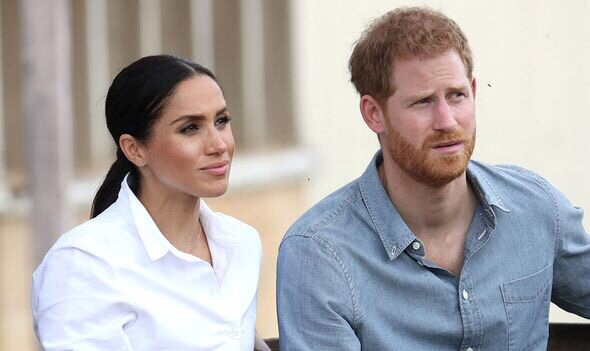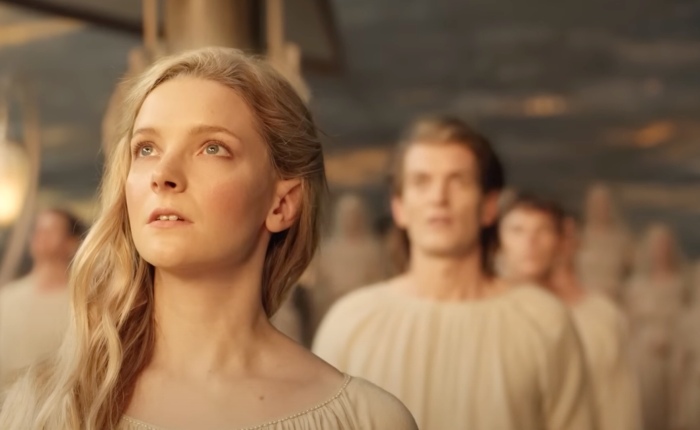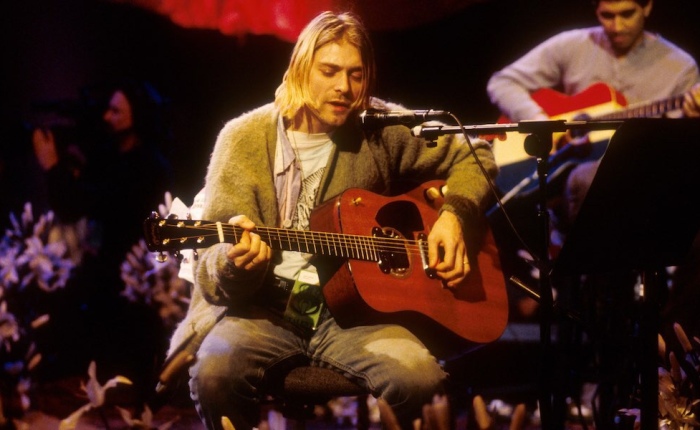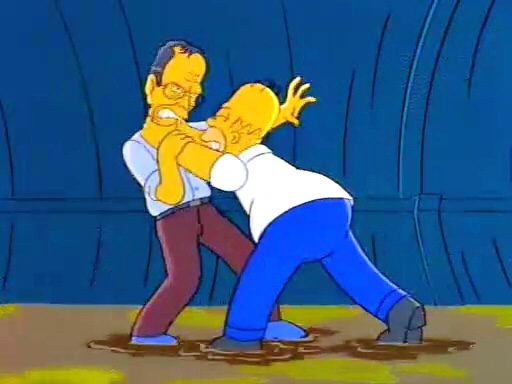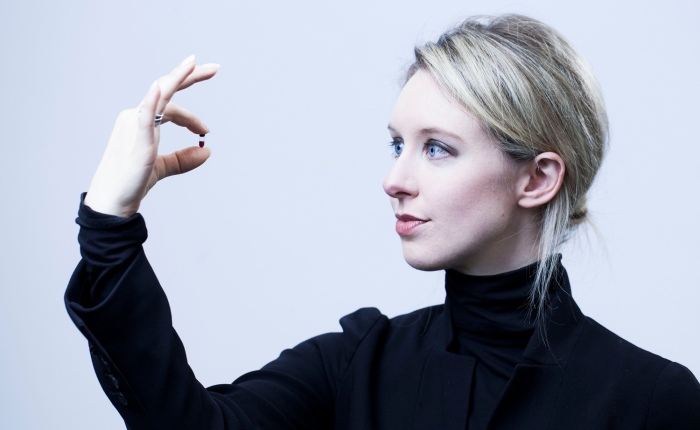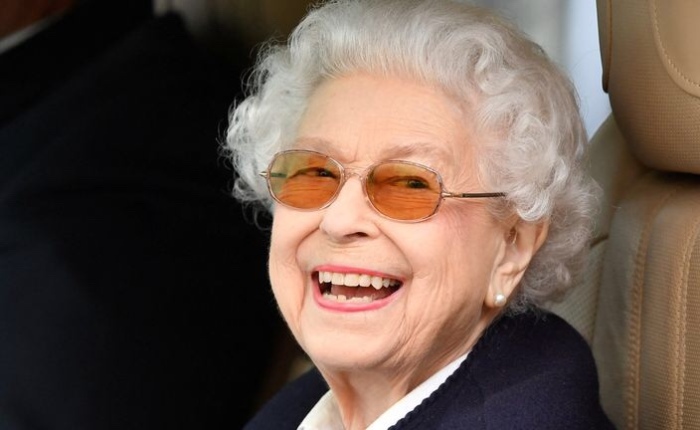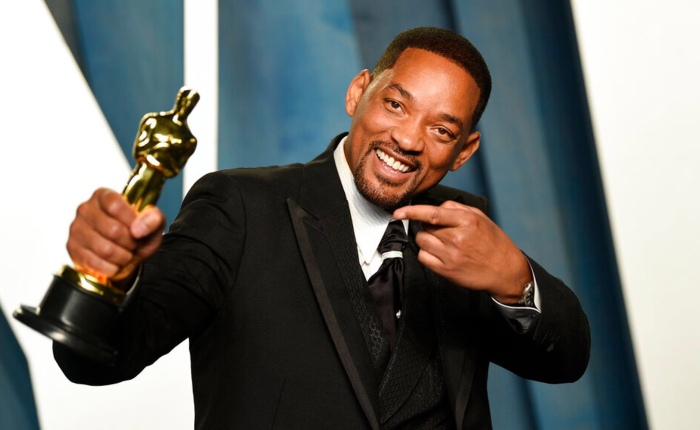Right off the bat, I feel guilty for shedding further light on the already overtly-exposed and disgraced former (wait, still current?) prince. After all, in the last several years, his drama has become the gift that keeps on giving for tabloid newspapers and social media. His new memoir, Spare, focuses on the toxic nature of this coverage and yet in a paradox, feeds the same beast; which he’s acknowledged to an extent, if in the unyielding quest to have “his truth” heard. Having got caught up in the media blitz, after starting The Crown, I was just too nosy to not give the audiobook a listen. I thought his account merited an analysis to ascertain credibility, since it brings to question so many major issues: the nature of truth; our celebrity-obsessed gossip culture; mental health; and the monarchy’s role in today’s society. So rather than do a typical review, I thought I’d examine the book and Harry’s troubles through the lens of each of these points.
A) Speak Your Truth
This phrase annoys me. While experiences differ, I think we should try keep “truth” closer to fact than opinion, if we’re to judge any account. For the sake of this article, I won’t get hung up on it (since Prince Harry’s probably just using it in the popular cringe celebrity way) but let it just hover over the following points and consider what truth may be derived from the other side (i.e. the Royal Family’s). While I don’t think Harry is lying, his credibility and image do rest on the age-old folly of sometimes fitting facts and evidence to suit one’s conclusion rather than the other way around.
B) Gossip
I feel like most of us are guilty of consuming crass, yellow journalism and Harry, for all his personal objections, is too. For example, in discussing his father’s marriage to Camilla, he states that he was happy for both of them, even if he felt she had “sacrificed [him]” to the press in rehabilitating her image in the wake of Charles’ and Diana’s split. He keeps his assertions vague but suggests that at certain points, he became a whipping dog in order to make other members of the family look better. What exactly was said is kept on the back burner since there’s no solid evidence, though I’m inclined to believe his suspicions.
Indeed, this synergetic relationship between royal palace staff is paramount to Harry’s expose, even if the stories were later (and by him) confirmed true (Kate vs. Meghan, the boys unhappy Camilla, Harry’s drug use, etc.). To an extent, it’s become ironic for criticism on his part since Harry and Meghan have, at every turn, been exposing every bit of gossip they can in turn. Is this to be perceived then as Harry’s own scorched-earth retort? He’s laying it all out there so that it’s shown he has nothing left to hide? Beating the press at their own game? Perhaps these are the acts of a desperate man who’s had enough? Whether he’s been effective remains to be seen however. For just as he can lay it all out there, so too can new press reports and slants be spun. For many, Harry now appears more petulant, conniving and fame-hungry than ever. Meghan, who was (perhaps unfairly) characterised as being “difficult” is now seen by many as also manipulative. I’m not sure if this tell-all book, which delves into heavy gossip, does much to rehabilitate Harry’s image in terms of dignity (which is supposed to be the essence of a Royal). The question mark hovers over whether lowering himself to their standards is the way to go.
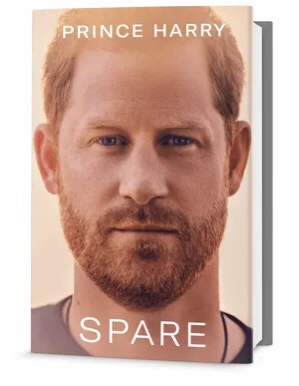
C) Mental Health
Prince Harry’s vendetta against the press is understandable, if not for the historical record, then for the personal trauma it’s caused him. In several interviews, he’s stated that he does not want to see “history repeating itself”, as regards what happened to his mother. Certainly, you could argue that his coverage has been extensive and overtly intrusive; even for a royal (perhaps as a means of contrast to the heir, the press wanted to dramaticise the tragedy of the “spare”). The effect of not being able to play out your mistakes in private can’t be underestimated. He’s never had a chance to live an ordinary life, even if his was a privileged one.
In this regard, I see a certain value to him “speaking [his] truth”. Perhaps shining a light back on those that have exposed him will eventually lead to the media holding itself to some account. Of course, to turn things around again, this still wouldn’t necessarily paint him in a good light, because there can be more than one truth if its subjective. And perhaps Harry’s doing himself more damage than anyone else by digging this hole further because for however famous he was ten or twenty years ago, he’s a hundred times moreso now.
D) The Role Of The Monarchy
Harry’s objections to having previously been forbidden to speak out against press coverage and claims made about him are understandable but par for the course as a member of the Royal Family. While monarchies are inherently wrong to many, they can at least serve a function as a symbol of their nation. To this end, the Royal Family has to be somewhat detached from politics, bias, and sensationalism. We’re (sadly) not really supposed to see them as everyday people. But- Britons admire this about the crown’s purpose; to transcend petty squabbles as the emblem of dignity and grace in an otherwise turbulent history. A tradition or constant with a code that outweighs any fads.
Of course, Harry would clarify that his criticisms are of the players and mechanics of the institution rather than the institution itself. To many, this is a difficult distinction to make, since these roles have been at play for many decades at least and are part and parcel. Criticism has been levelled at him in turn since he won’t relinquish his title as Duke of Sussex, retorting weakly in an interview with Anderson Cooper, “what difference would it make?” (He did offer initially to rescind them, apparently, before exiting the UK in early 2020 though he didn’t mention that in his response; some argue he can’t keep his story straight.) Anyways… even if you’re to believe Harry on a majority of these issues, this seems a tough bridge for many to cross. The difference is it would lend him credibility in a “put your money where your mouth is” way. Instead, to many, it seems Harry wants to have his cake and eat it.
But principles are one thing when it comes to defining what makes the Royal Family; what about when unprecedented criticism and racism enters the foray. Did Meghan not deserve a proper defence? Harry acknowledged that Camilla and Kate initially had some degree of negative coverage but argues it went that bit further with Meghan since there were racial undertones to much of the discussion and gossip about her, citing a 2016 Daily Mail article entitled “(Almost) Straight Outta Compton” as an example. Indeed, if assertions weren’t outright, there were a great many comments on her exoticism and cultural background. How racist these were in intent has of course divided the public but it’s fair to say there was an element of prejudice there that was absent with Kate or Camilla. Given his Nazi garb at a costume party and some choice comments in the army, it’d seem Harry’s hardly the cultural commentator we need but I give him credit for at least admitting to his own “unconscious bias[es]”. This could open up a whole other book of issues though.
The point here is that there’s a tug of war between tradition and evolution in the Royal Family. It seems, given the nature of their relationship with the press and the tensions that have built, some level of change is needed. The problem is Harry has become such a divisive figure that he may not be the one best qualified to discern these changes. Indeed, he may have done more damage since his detractors have rallied behind the crown.
While his assertions hold a great deal of emotional weight and probable truth for many, I think his financial and emotional circumstances are colouring every comment he’s made, adding to the sensationalism of this all. To make a strange link here, I would refer to the famous Brit Stephen Fry, who has said of his own autobiographies that as much as they are an examination of his life at a certain period, they are reflective too of who he was when he wrote them. I believe if Prince Harry had written this book a few years earlier, it’d be much different. And it’s very possible that in a couple of years’ time, he’ll regret this course of action. Ronald Reagan’s daughter, Patti Davis (who penned a tell-all in the 80s) has spoken of how she regretted her decision and has since taken her book out of publication. In a recent interview, she commented on how there’s more to this than just “your truth”. There’s others’ too. Of course, we all know (as well as Harry) that we’re unlikely to get a Will, Kate, Camilla, or Charles’ memoir anytime soon.
Time will tell whether Harry’s controversial accounts will effect change that’s actually needed with royal-press relations or whether it just drags him down further on the road of meme iconography and social media slander / praise. For now, it’s all speculation because there’s so much flotsam here that it’s hard to see the horizon.
